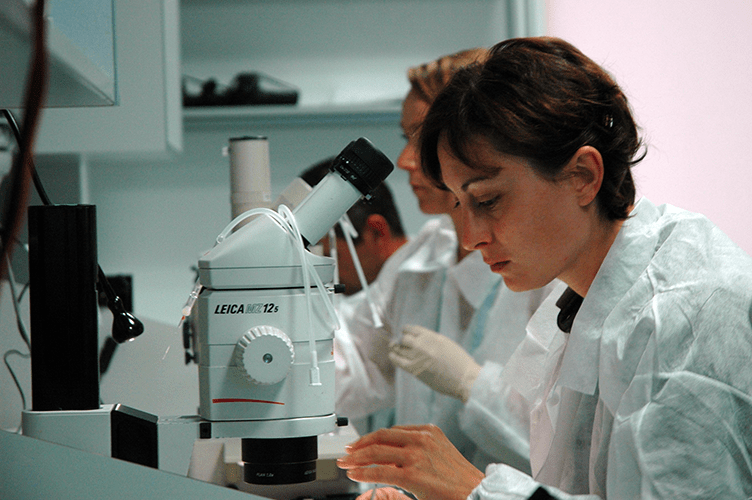Basic 5 Steps for Conducting Scientific Research

Conducting scientific research involves the use of tested procedures to explain concepts, behaviors and results of experiments and analysis. When using the scientific method, you have to carefully plan the process, examine your methodology and conduct a thorough assessment.
This is why you need to take care at each stage and in each step of the long process of scientific research. In this article, we have provided five steps to take for successful scientific research writing.
Our aim is to lead you through the basic steps of carrying out a detailed research scientific research and bring to your notice, pitfalls that you should avoid for a successful research process. Let’s get started!
Contents
Step 1: Research Your Area of Study
Before you carry out any research, you need to gather as much information as possible. You must know the topic you want to research on and the problem you want to solve so that you can write relevant and answerable research questions. Your research question is the question or statement you want your study to answer.
It must be clear, concise, narrowed down to specifics, and appropriate for the area of study. For instance, research questions in Chemistry will be different from those of Physics or Biology.
Scientific data under regular updates every year, and you can easily work with outdated information if you do not have the right research methodology or do not have adequate knowledge to work on your area of study.
If you are still a student, it’s important you work closely with your professor to guide you through the initial process. Thus, it’s important you understand in detail the requirements for the research before you get down to the next stage. If you fail to get this stage right, you are probably going to have issues with the rest of the project in the long run.
Next is the need for a literature review writing service which involves a wide and elaborate examination of the topic you are researching.
A literature review helps you to understand what other scholars have done in that area of discipline and how their works are significant in solving problems. It also gives you a better line of thought and the processes with which to carry out your own research.
Step 2: Make Your Study Plan Operational
This means formulating an action plan using your research questions and the information you have gathered. Defining variables and explaining how you will analyze the data fall under this important step. As you gather your data in the form of variables, you are required to analyze them accurately to answer the research questions you had initially provided. Getting the right variables is vital, so you need to be careful when working around them.
Having an operational study plan is very important if you wish to develop a concrete scientific argument. Your mode of research and research questions will be put through a series of scrutiny if you have a shaky operational study plan. Therefore it’s sacrosanct you employ adequate strategies to develop a functional study plan that matches the level of work you have on your research.
Step 3: Collection of Data
Data collection is one of the stages that take a long time and focus on getting the desired result. It involves the practical gathering of data through experiments, interviews, observation or surveys to understand the subject you are researching on.
Data collection can be affected by existing conditions, so you may have to set up the proper condition or natural environment to gather the correct data. Another challenge you may face is getting the required number of subjects needed for reliable experimentation.
Sometimes, you will need the help of other people trained in research to carry out some specific tasks or a team that can follow guided instructions.
Inadequate data collection can ultimately lead to the failure of your research process. Without the right amount of data, you cannot effectively make a point or solve a problem with your research.
Step 4: Statistical Analysis
As with any scientific research, statistical analysis is as important and as rigorous as the collection of data. You must pay adequate attention to this part of your research. You must decide on the type of statistics to use and how to ensure that your assumptions and conclusions are as accurate as possible to avoid giving your readers the wrong information.
Step 5: Writing of Results of Findings
The results of your scientific research should come immediately after all your statistical analysis. This part is to explain to your readers what you found out and the significance they have on the subject of study. You are to describe which hypothesis is supported by your data and how they relate in the real world.
Every research paper has something to add to existing knowledge or the betterment of the society at large. It is, therefore, pertinent that you carry it out with utmost seriousness and complete focus to get the desired, authentic, and reliable result.
The research process is straightforward when you adhere to the laid down principles of arriving at results and findings. The following steps provided by an expert research paper writing service will help you carry out comprehensive research on any subject matter.
If you are a newbie, it will give you an idea on how to kick start the process on your own. Was this information helpful? Let us know what you think in the comment section below.
